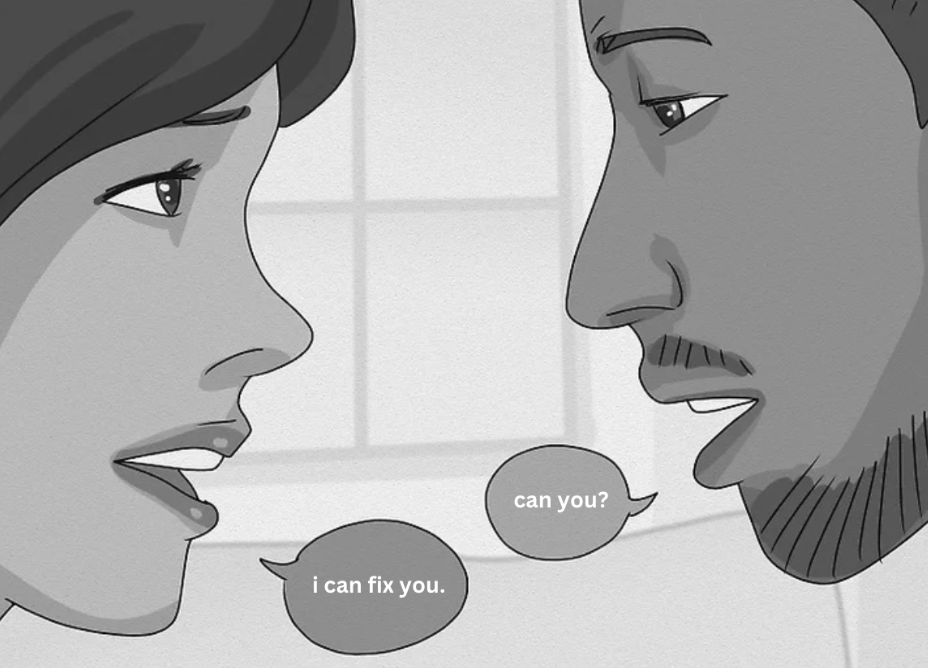“Going Green” starts better habits, but doesn’t necessarily give us a better world
I work under the light of energy-efficient fluorescent bulbs, I drive a car running on bio-diesel; I recycle and compost what I can. Then, why does it still feel like I’m not doing enough? The “Green Movement” has reached a point where consumers have acknowledged the need to lead different lives, but will buying “eco-friendly” products really avert global warming?
The original reason our earth has entered a state of “crisis” is due to the effects of dangerously high rates of consumerism. The green movement has turned into a different brand of consumerism, defeating its initial purpose altogether.
Spending bucket loads of money on a new car or on a pair of jeans made from organic cotton won’t relieve us of carbon emissions or excessive oil drilling. Telling people to consume more as a method to reduce their impact on the environment is not only ridiculous, but contradictory to the entire meaning of preserving our planet. The purpose of the movement has been turned into a fad that has become misconstrued into a big marketing tactic for companies to sell their “green” products. There is no doubt that our change in lifestyle towards the greener side is excellent, but our efforts have transformed into a trend heading the same route as bell-bottom pants and mullets.
At the individual level, the principal we should live by is to use less and not buy more expensive eco-friendly things. There is no action, small or big, that won’t make a difference. Instead of spending more to do less to the environment, vote for policies you believe in and politically shut down the plants and factories that function under less than satisfactory conditions for our planet. In the end, the biggest decisions are left to our world leaders and politicians.











